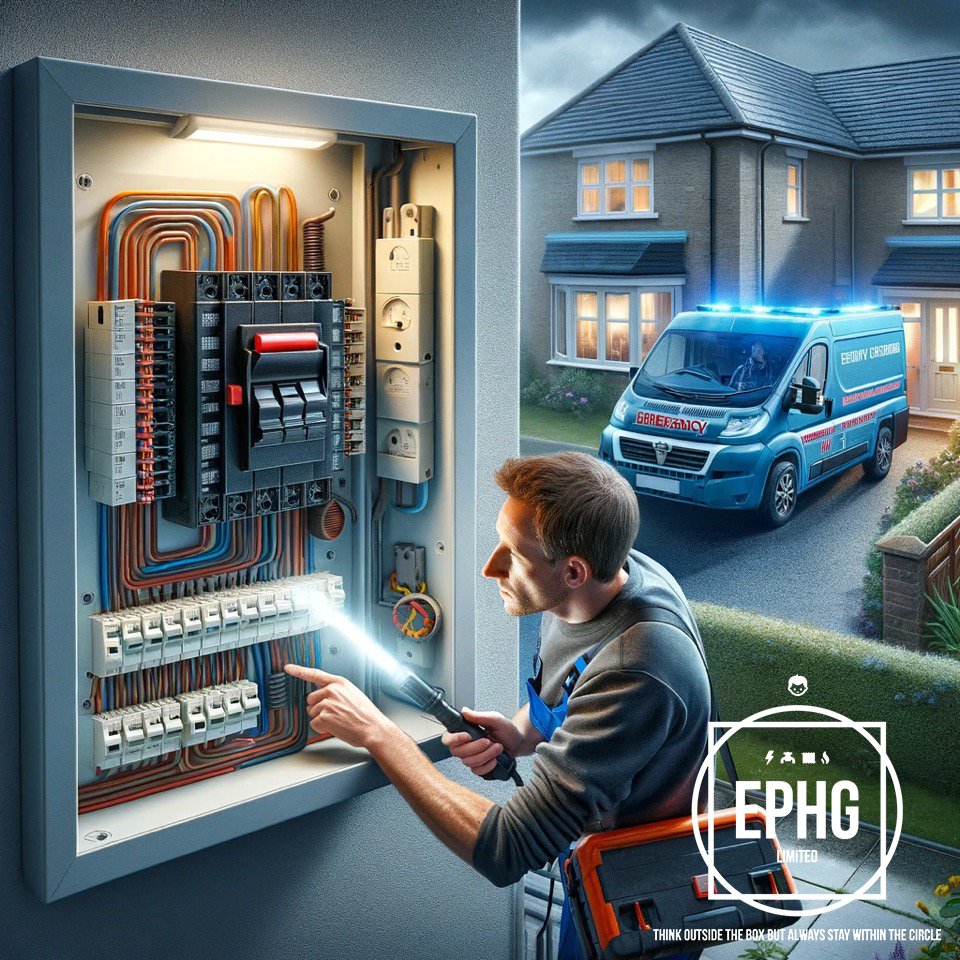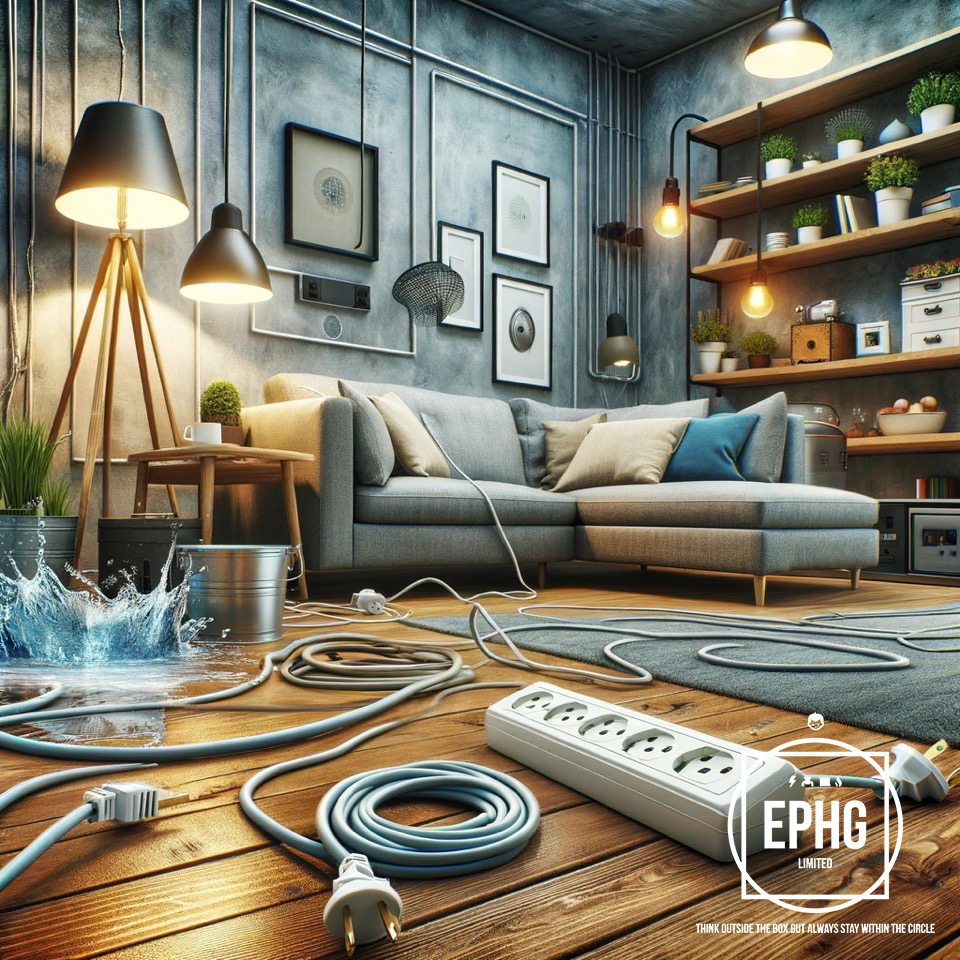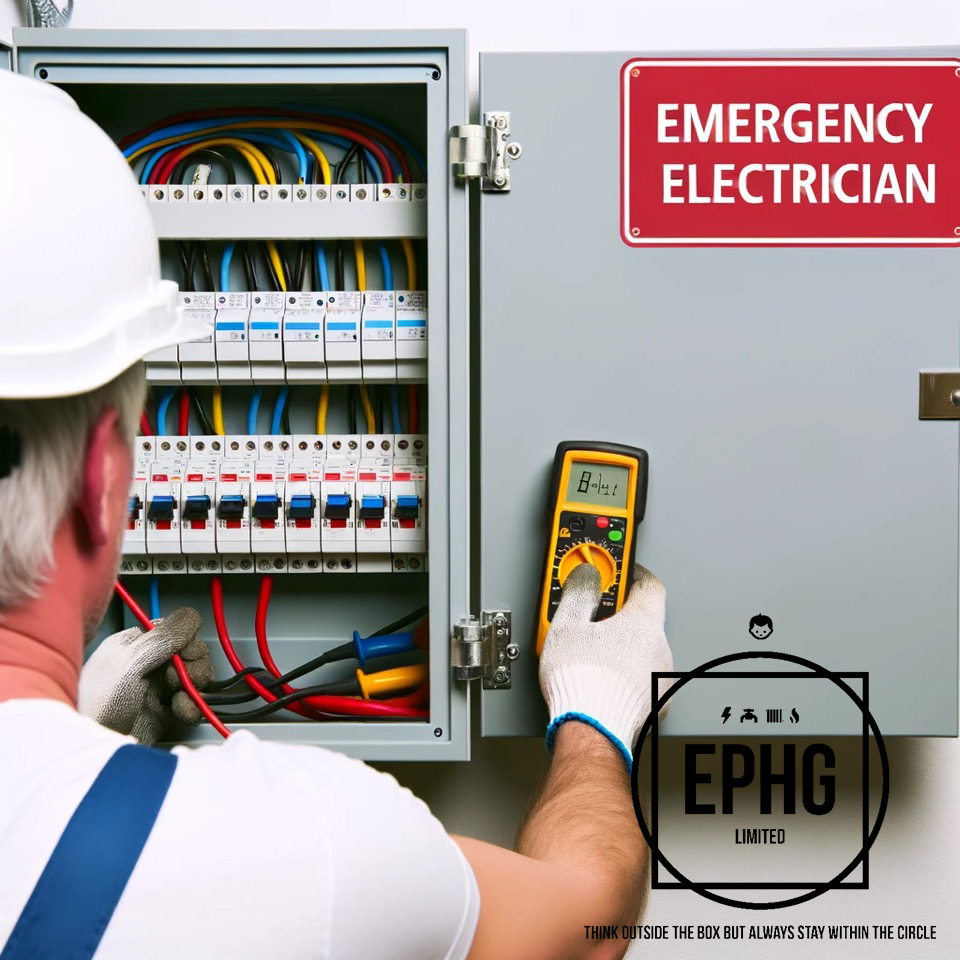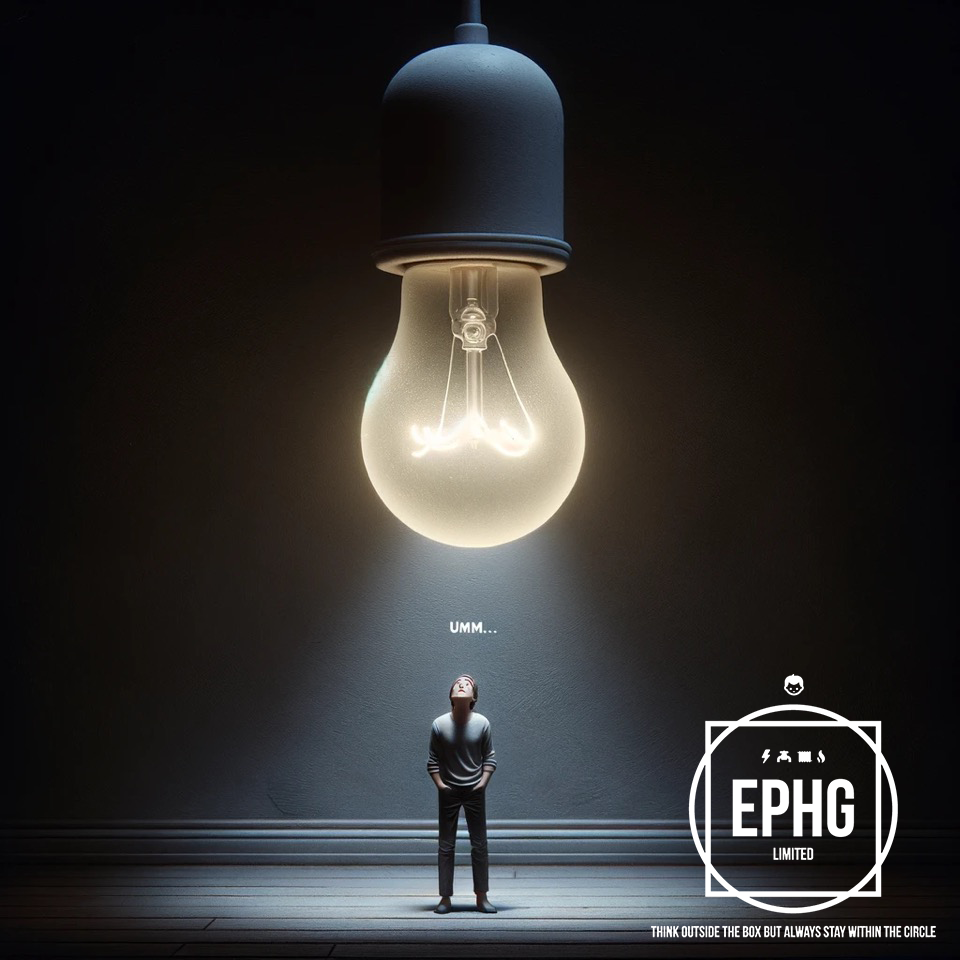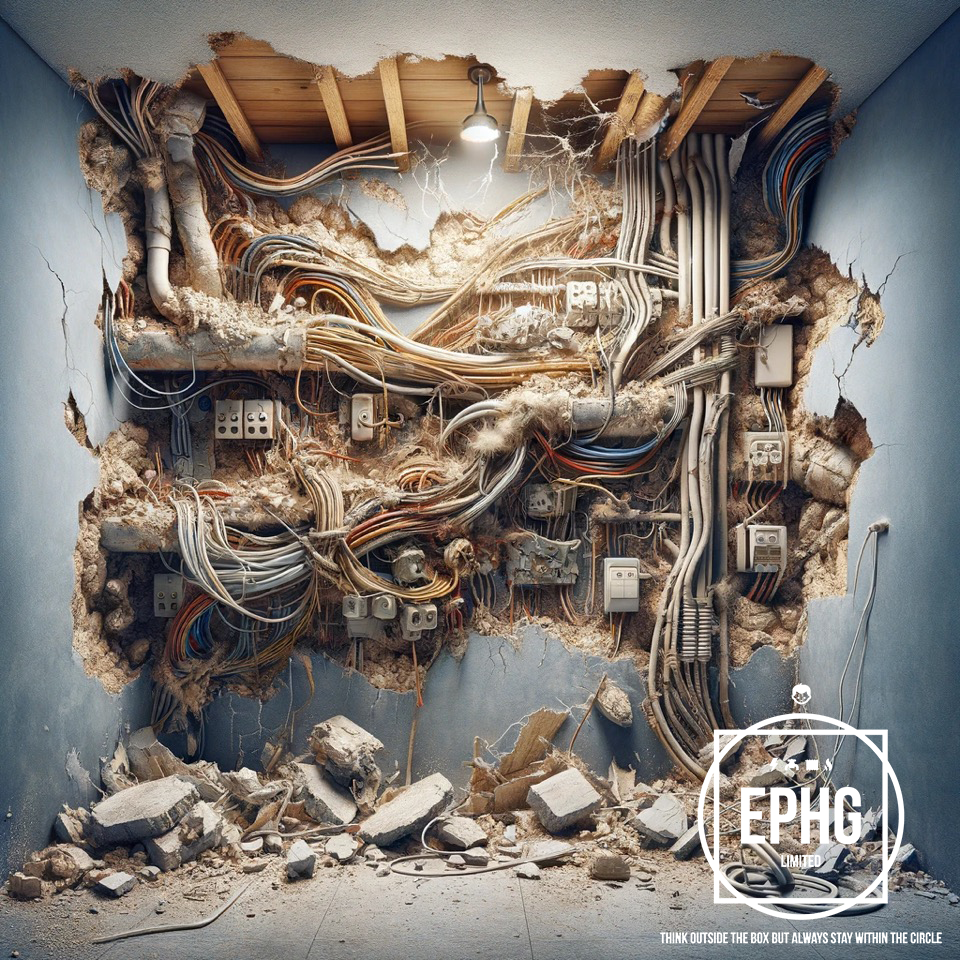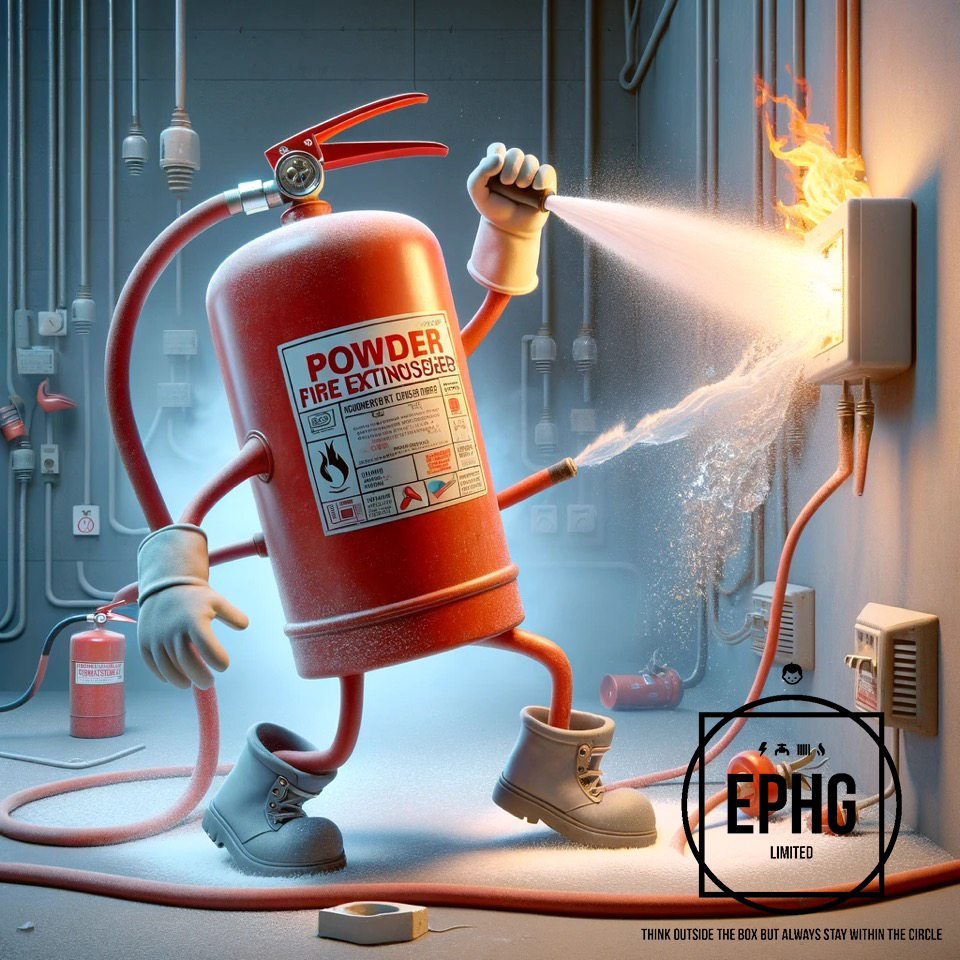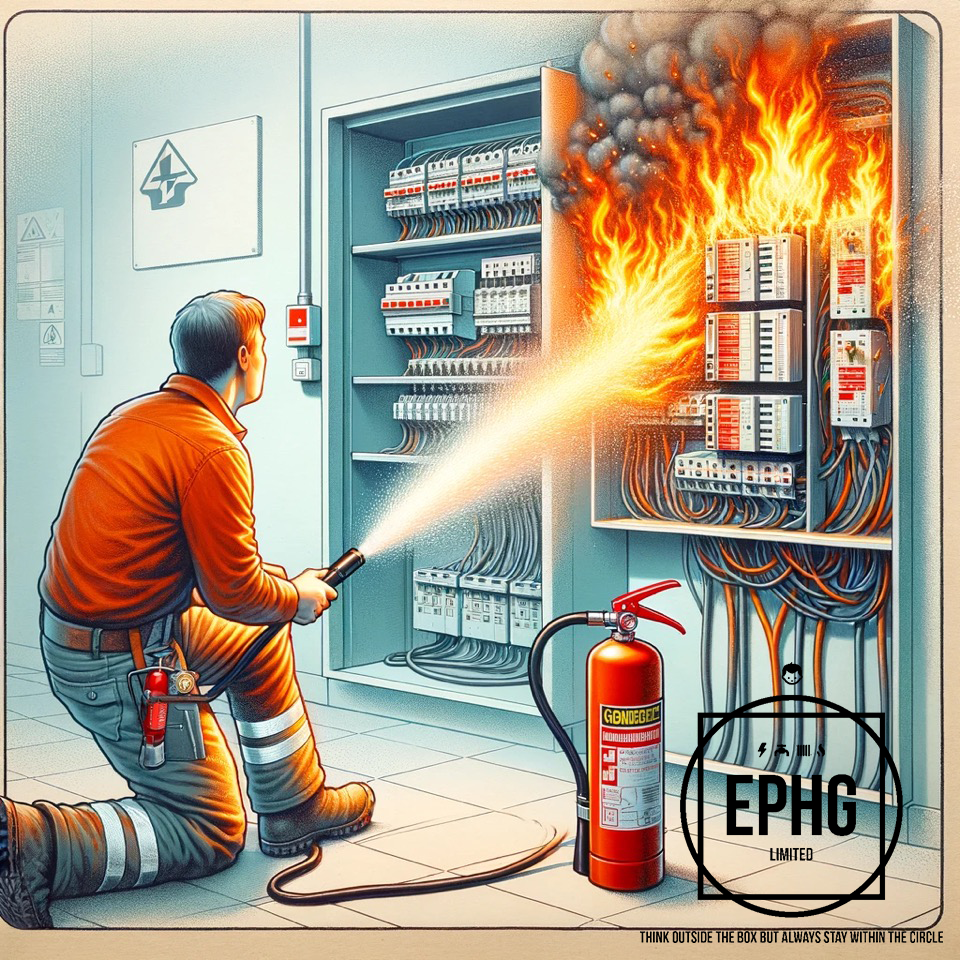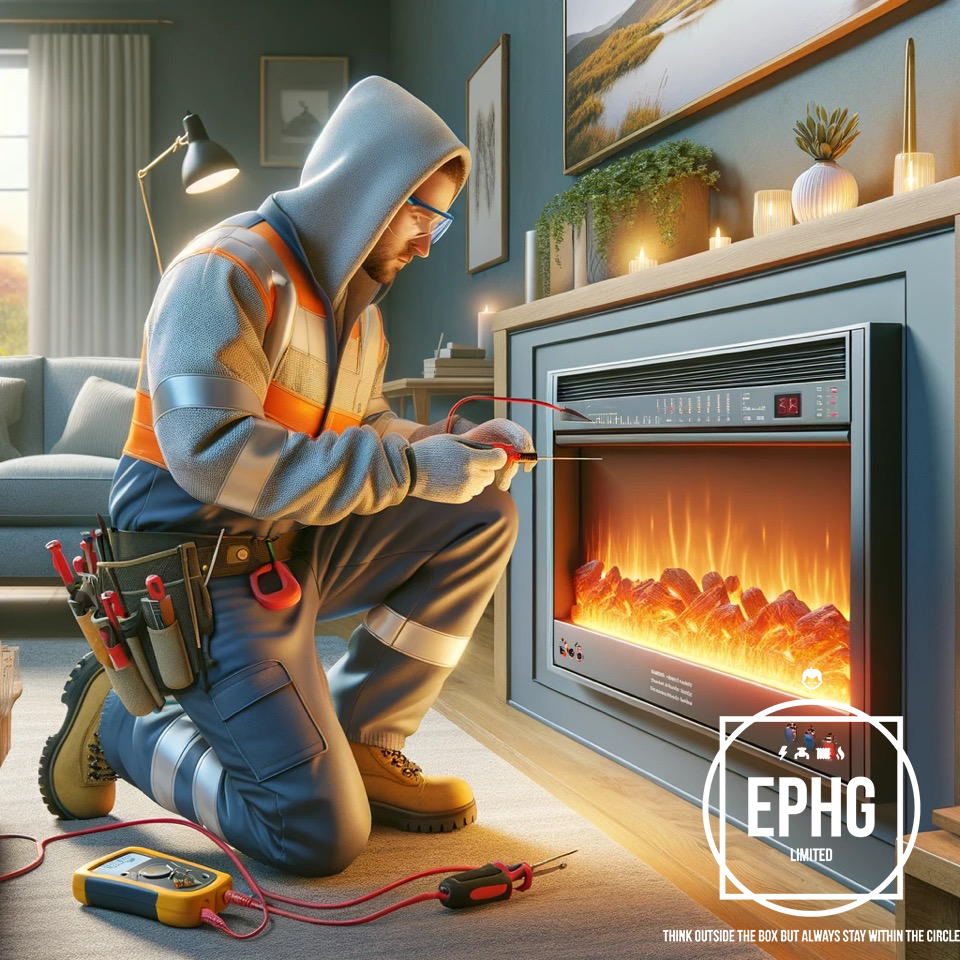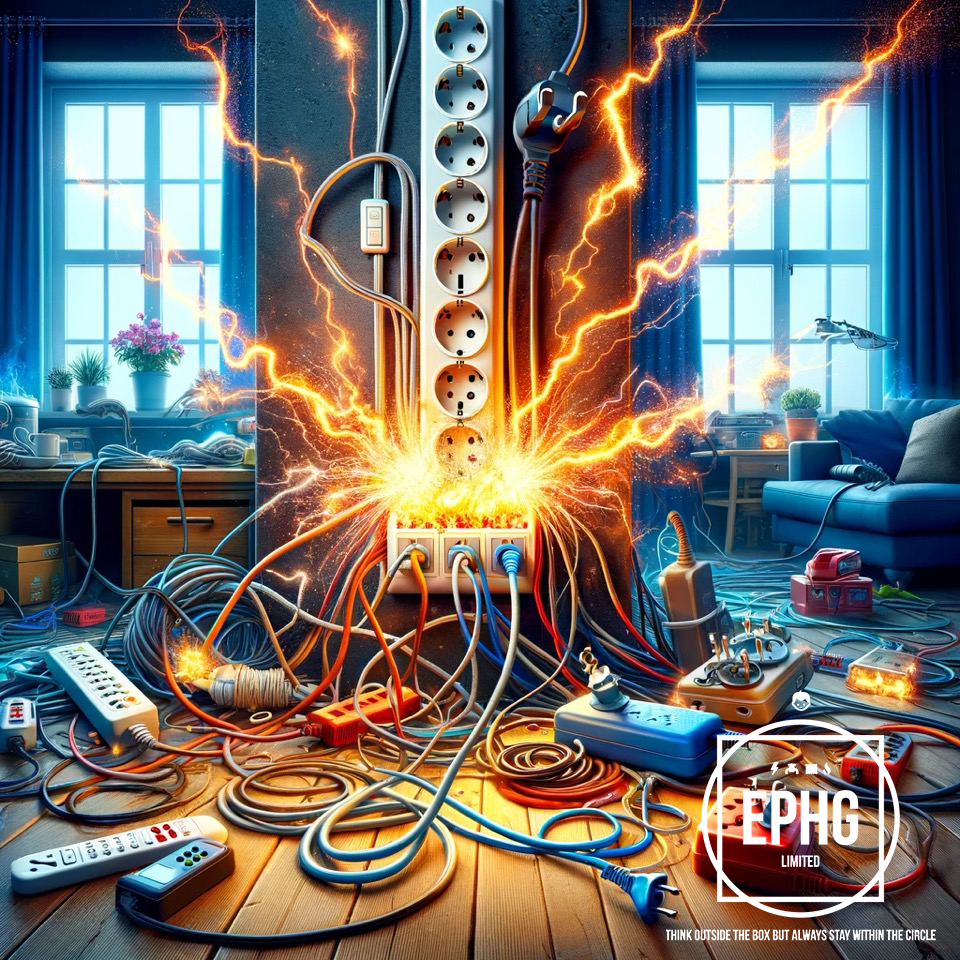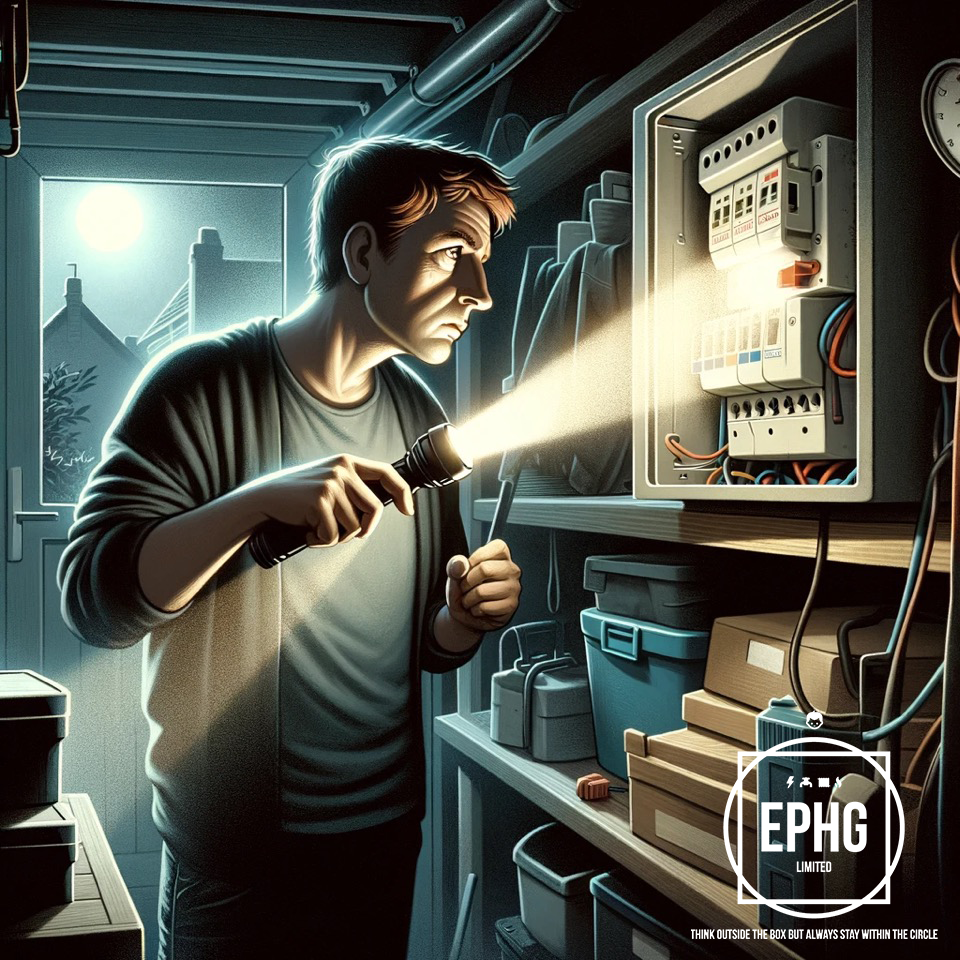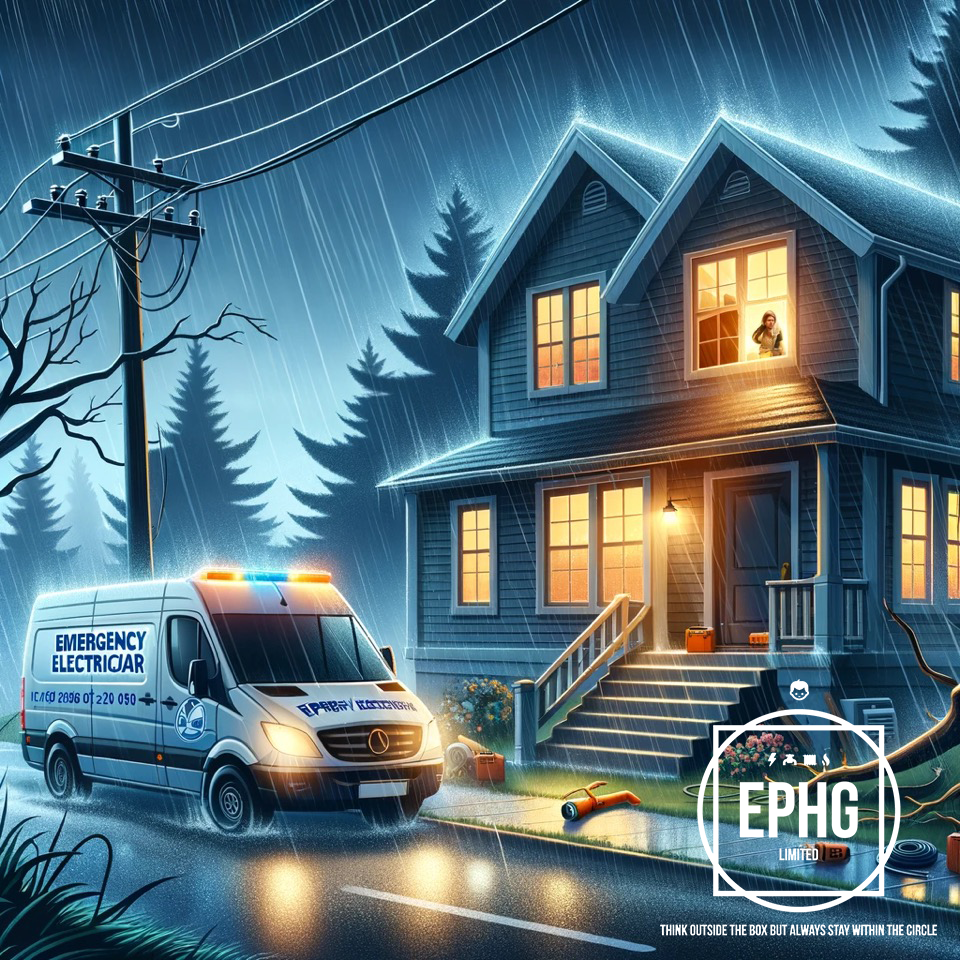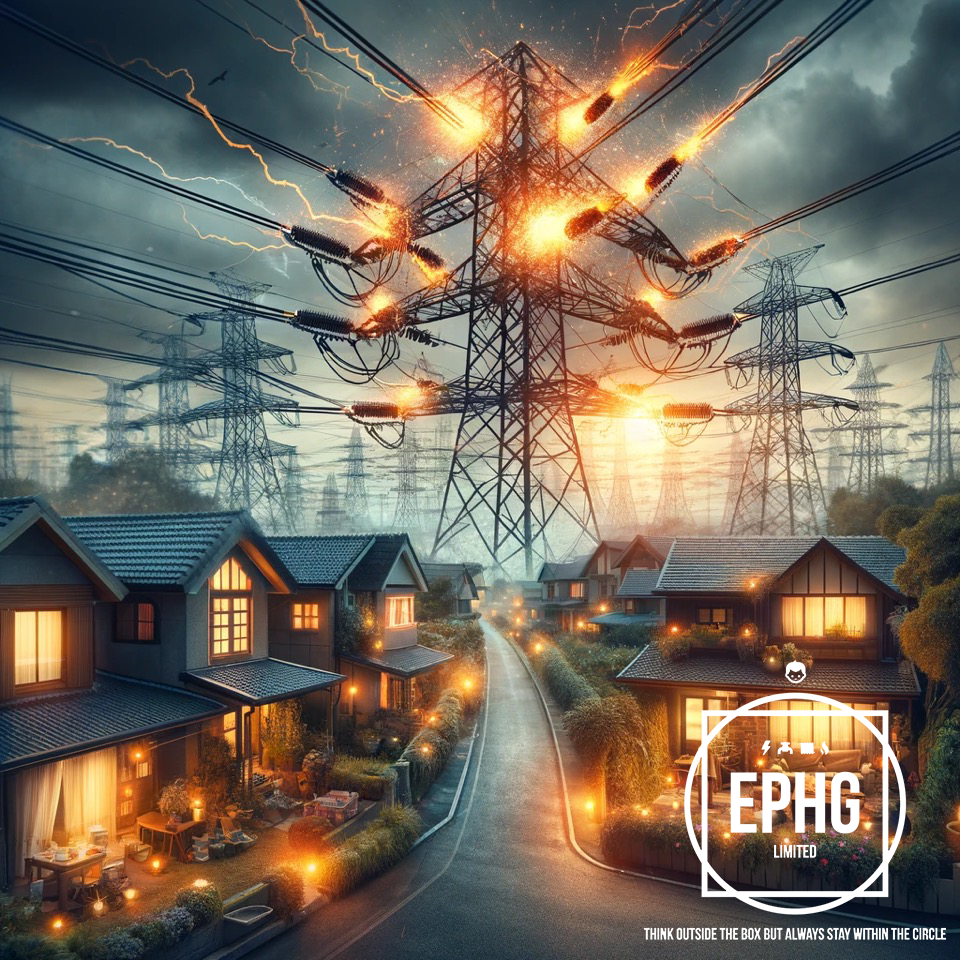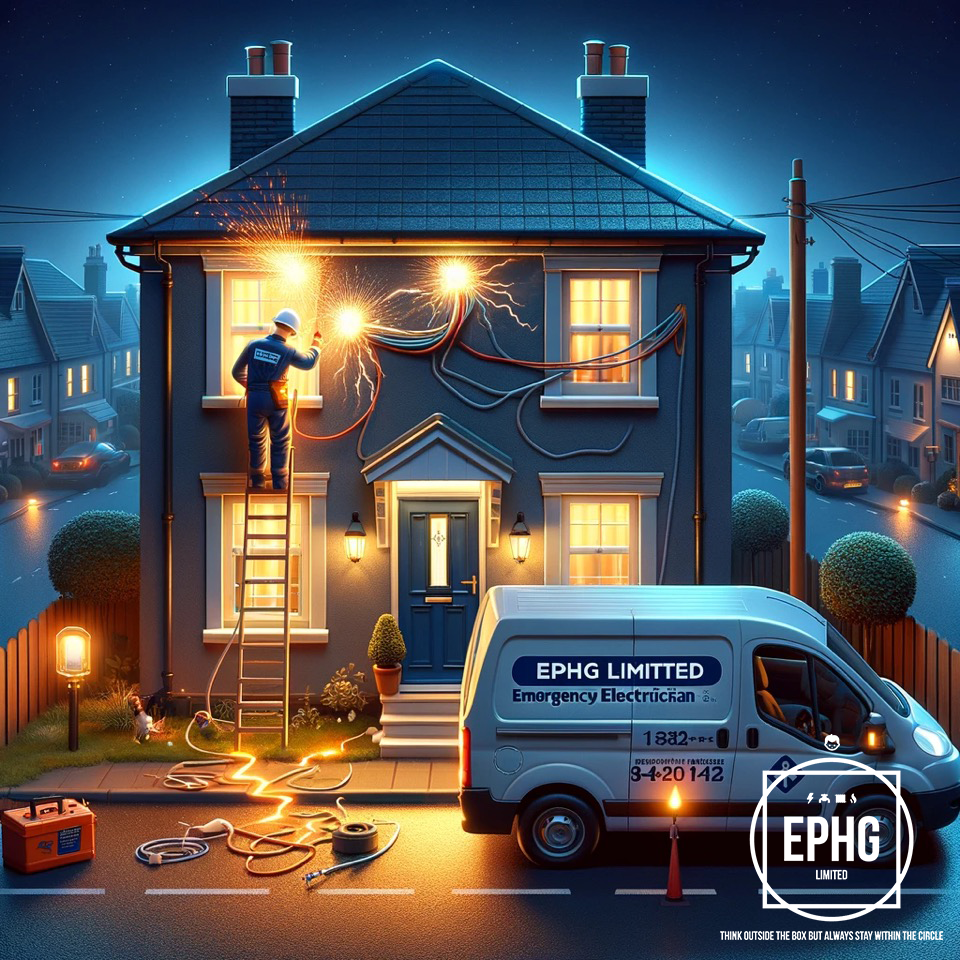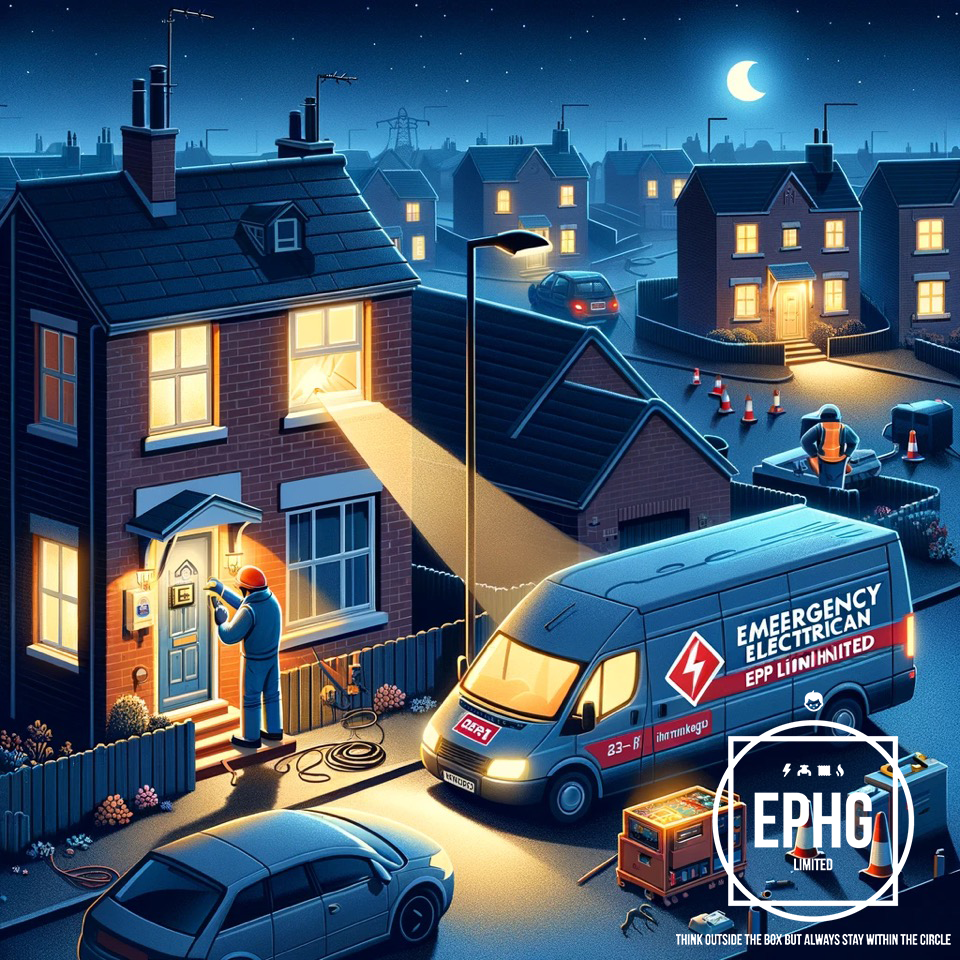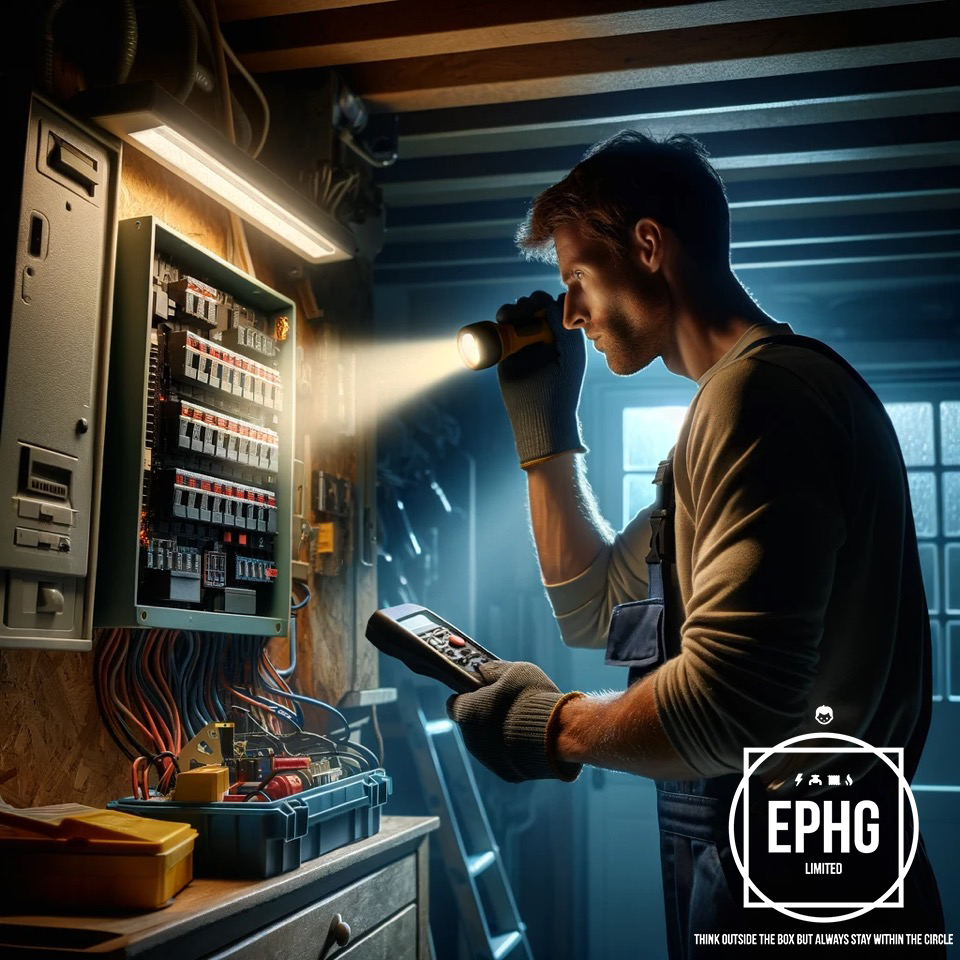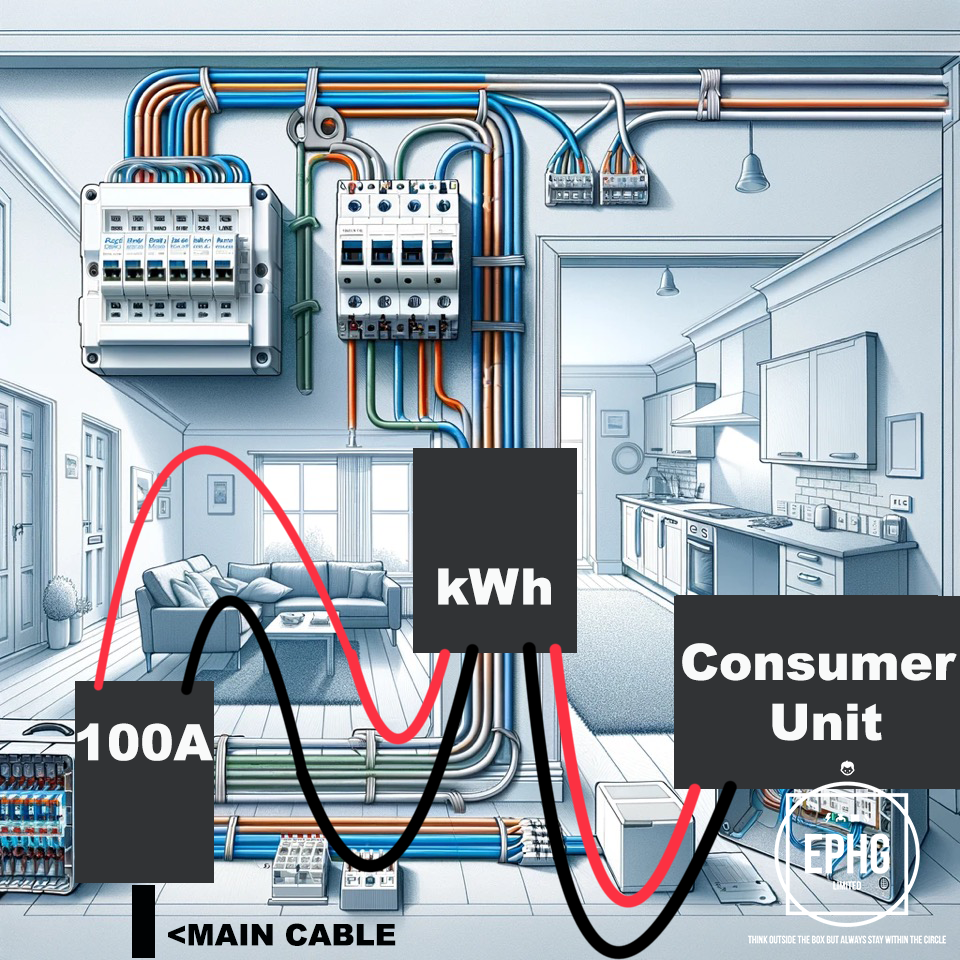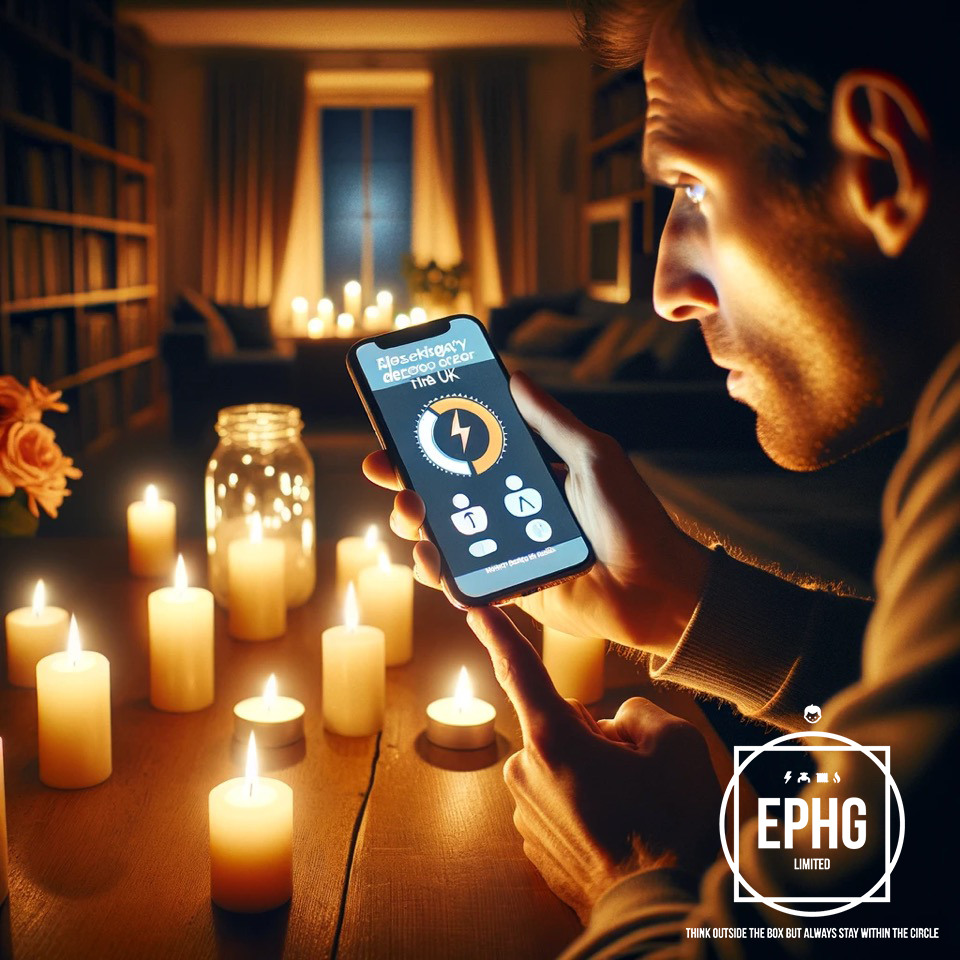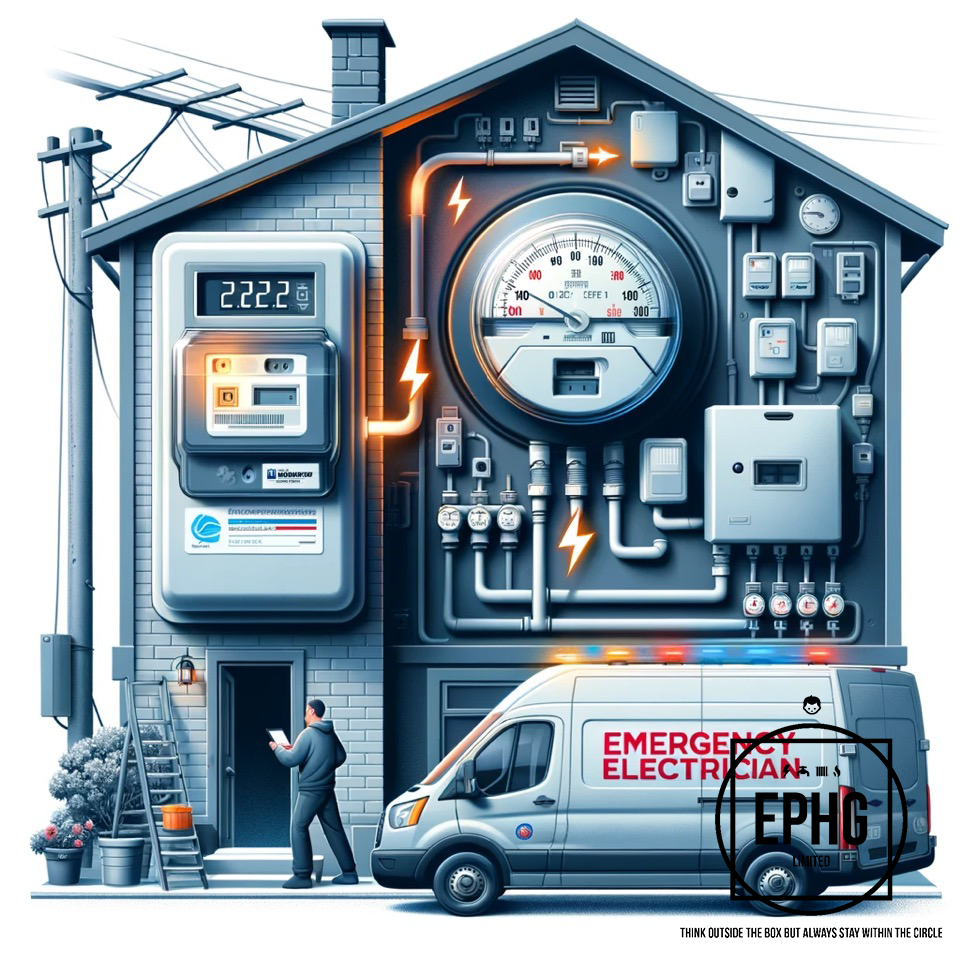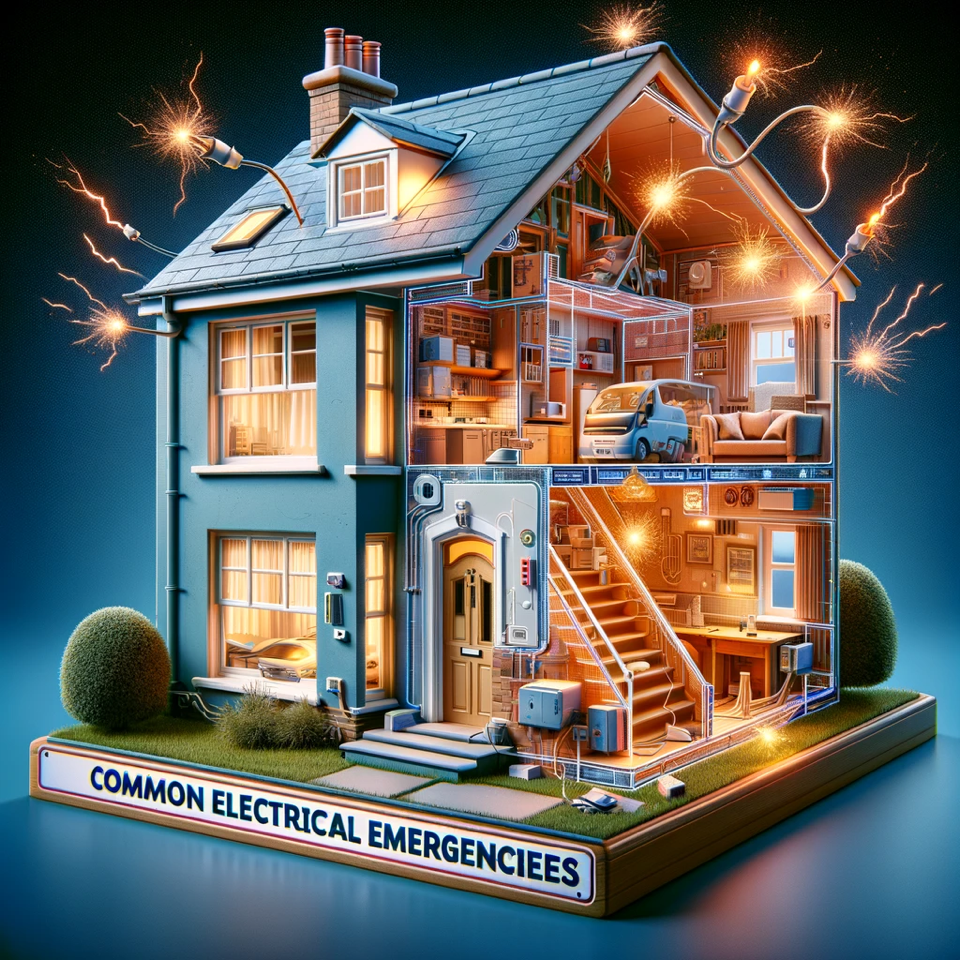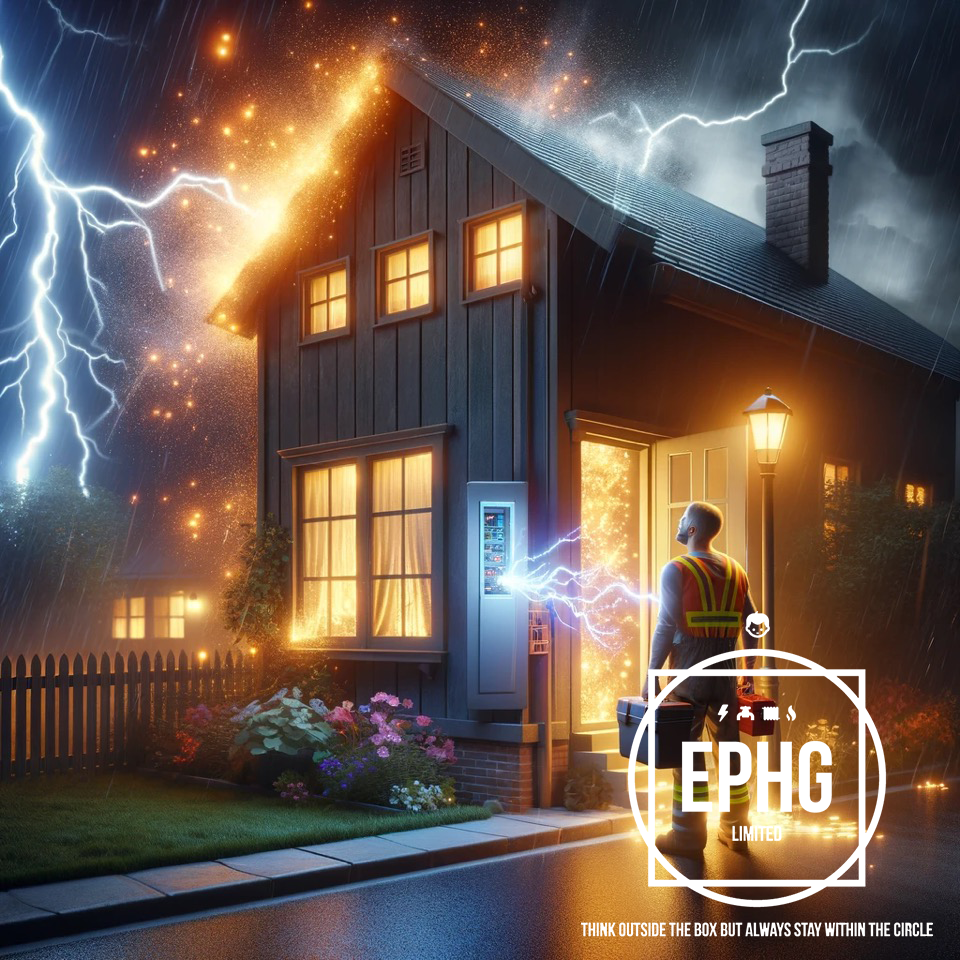
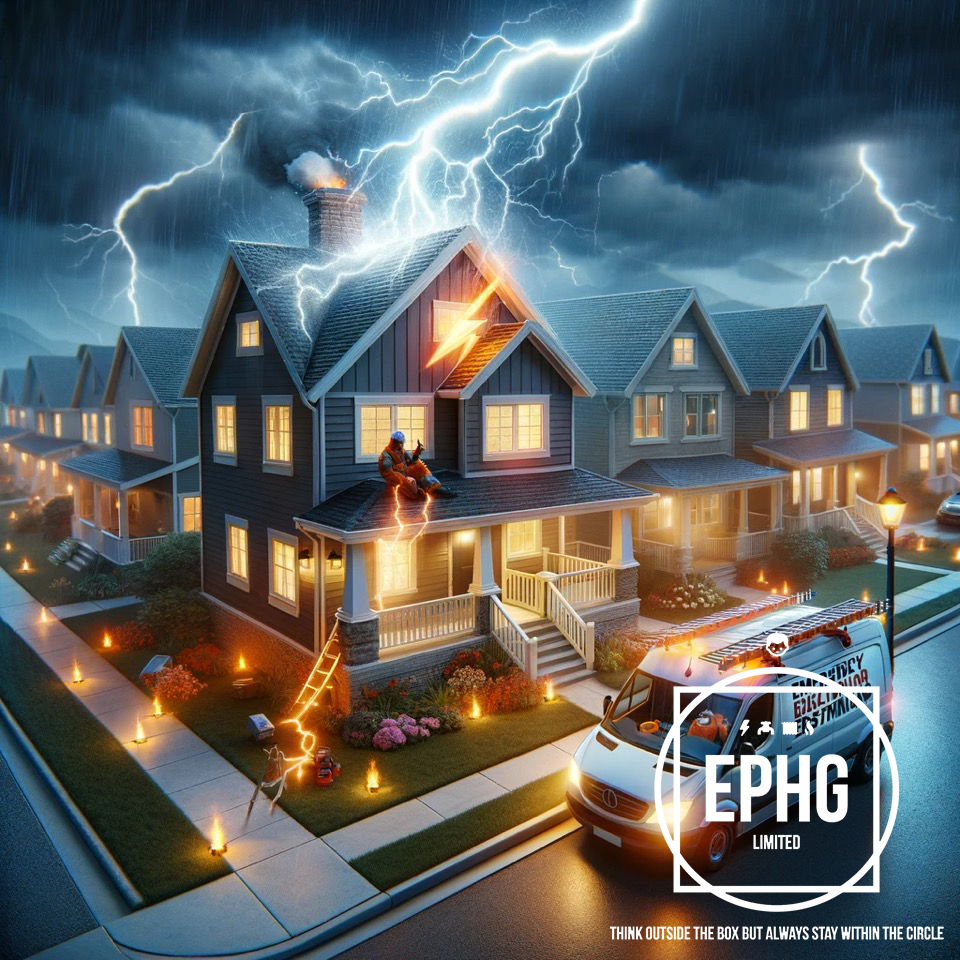
Understanding Power Surges in Your Home and When to Call an Emergency Electrician
Power surges are sudden and brief spikes in electrical voltage that can occur in any home, potentially causing damage to appliances and electronic devices, and in severe cases, posing a risk of electrical fires. Understanding the causes, consequences, and the critical role of emergency electricians can help homeowners protect their property and ensure their safety. This article delves into the essentials of power surges, highlighting the importance of professional intervention.
What Causes Power Surges?
Several factors can lead to power surges within a home:
- Lightning Strikes: Although rare, lightning can cause a significant surge that damages anything connected to a home's electrical system.
- High-powered Electrical Devices: Devices that require a lot of power to start or shut off can create surges that affect the entire electrical system.
- Faulty Wiring or Overloaded Circuits: Poorly installed wiring or too many devices connected to one circuit can increase the risk of surges.
- Outages or Grid Switching by the Utility Company: Restorations of power after an outage or grid switching can cause surges in electrical lines.
The Risks of Power Surges
The immediate effect of a power surge might not always be noticeable, but the cumulative effect over time can lead to:
- Damage to Electronic Devices: Frequent surges can shorten the lifespan of computers, televisions, and other electronics.
- Appliance Failure: Major appliances like refrigerators and HVAC systems are particularly vulnerable to surge damage.
- Electrical Fires: In extreme cases, a surge can cause overheating in electrical components, leading to fires.
Recognizing the Need for an Emergency Electrician
Knowing when to call an emergency electrician can prevent further damage and ensure your electrical system's integrity. Here are signs that you need immediate professional help:
- Frequent Power Surges: If you experience frequent surges, especially without an apparent cause, it's a sign of underlying electrical issues.
- After a Major Surge Event: Following a lightning strike or major surge event, it's crucial to have your system checked for damage.
- Signs of Electrical Damage: Evidence of burnt outlets, unusual smells from electrical panels, or flickering lights after a surge indicate the need for an emergency electrician.
How an Emergency Electrician Can Help
An emergency electrician can offer immediate and effective solutions to problems caused by power surges:
- System Diagnosis: Identifying the source of surges and assessing damage to the electrical system.
- Repairs and Replacements: Fixing or replacing damaged wiring, outlets, and electrical panels to restore safety.
- Surge Protection Installation: Recommending and installing surge protectors to safeguard your home against future surges.
Preventative Measures Against Power Surges
Homeowners can take steps to minimize the risk of power surges:
- Install Surge Protectors: Whole-home surge protectors can prevent external surges from entering your home's electrical system.
- Unplug Devices During Storms: To protect against lightning-induced surges, unplug sensitive electronics when storms are forecasted.
- Regular Electrical Maintenance: Schedule inspections with a licensed electrician to ensure your home's wiring and electrical systems are in good condition.
Conclusion: Power surges are an electrical phenomenon that can cause significant damage to your home and appliances. Recognizing the causes and risks associated with surges, and understanding when to call an emergency electrician, are vital steps in protecting your property and ensuring electrical safety. By taking preventative measures and seeking professional assistance when necessary, homeowners can mitigate the effects of power surges and maintain a safe and secure electrical system.
